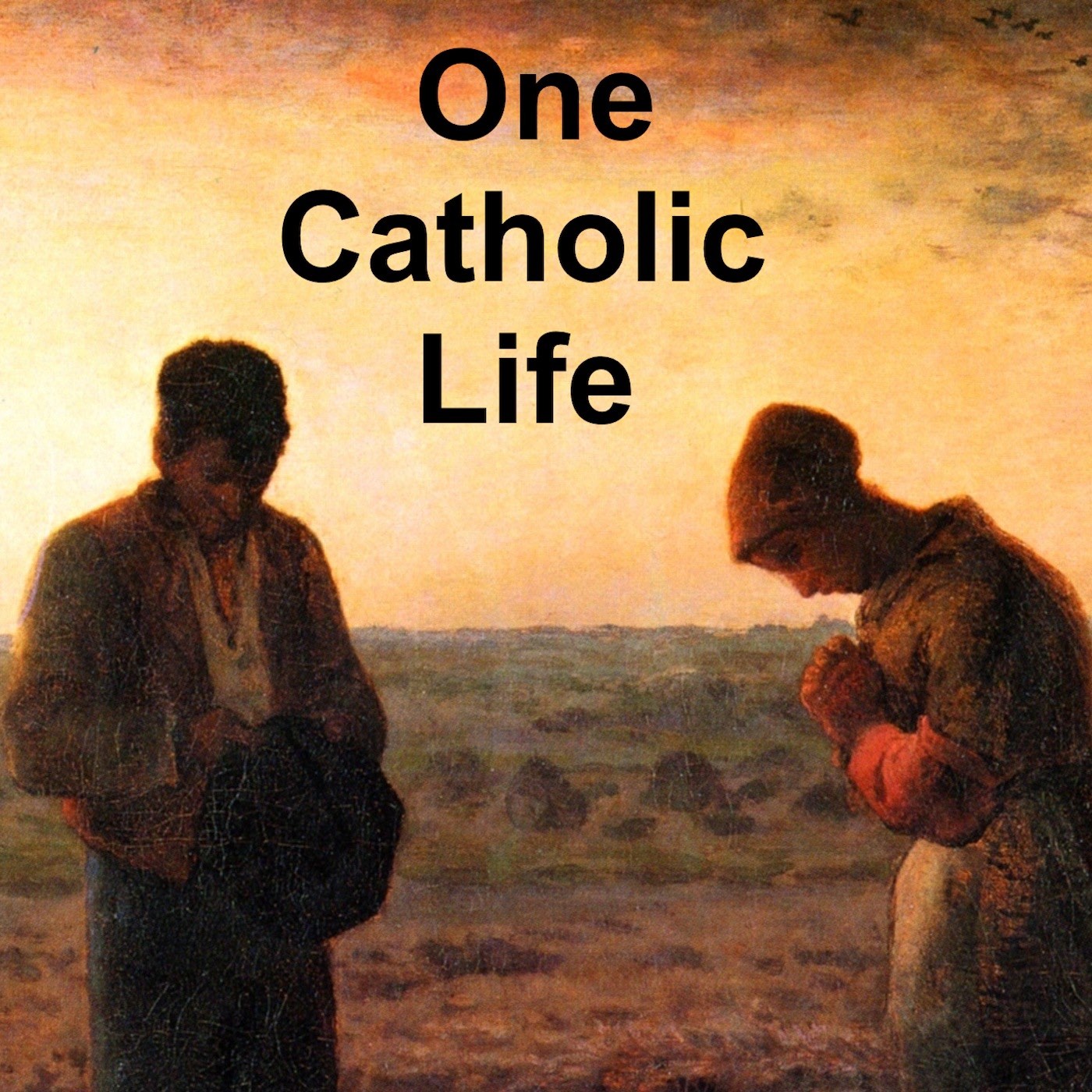The Sending Forth – Homily for Trinity Sunday
Description
I wonder if anyone here
has ever felt under-appreciated, overlooked, or even forgotten.
If so, then this homily is for you.
Today we’re going to sing the praises
of one of the most under-appreciated
and over-looked parts of the Mass.
Everyone always talks about how the scripture readings spoke to them,
or how great the music is,
or even sometimes how the homily touched them.
But no one ever walks out of Mass saying,
“Wow, that dismissal, it really hit me today.”
The dismissal is often forgotten or just overlooked.
But today we’re going to honor the dismissal.
We’re going to sing its praises
and see that it is as essential as all the other parts,
and maybe our entire outlook on the Mass will change.
We gather here today at Mass as we always do:
to hear the words of Scripture;
to receive Christ in the Eucharist.
But also to be sent by Christ.
Jesus is very clear in today’s Gospel:
“Go, therefore, and make disciples of all nations.”
To be a Christian is to be sent.
This is clear even at the very beginning of Jesus’ ministry,
where in the early part of Mark’s Gospel we’re told,
He appointed twelve [whom he also named apostles]
that they might be with him
and he might send them forth to preach
and to have authority to drive out demons… (Mark 3:14-15)
He appoints them for two reasons:
To be with him, and to be sent out.
Those same two reasons show up today,
at the very end of Matthew’s Gospel:
“Go…and make disciples of all nations,…
And behold, I am with you always…”
This is the the twofold call of discipleship,
and it’s our call as well:
to be with Jesus, and to be sent out:
“Go,” and “I am with you always.”
In John’s Gospel, Jesus puts it another way,
“As the Father has sent me, so I send you.”
So much is contained in those little words “as” and “so.”
The “as” and “so” express a deep mystery,
the mystery of the Trinity, which we celebrate today.
The Son comes forth from the Father in the unity of the Spirit,
and in that same way, from those same mysterious depths,
we come forth now from the risen Lord
and are sent into the world accompanied by the Holy Spirit.
What a privilege and what a responsibility!
It’s so important, so crucial,
I wonder what part of Mass brings that to life.
Oh, right, the dismissal!
As the Son was sent from heaven,
so we are sent from this heavenly banquet.
After the Liturgy of the Word,
after the Liturgy of the Eucharist,
after the final blessing,
the deacon dismisses the people.
It happens so fast
that we might overlook it.
It’s not simply a good-bye: “We’re done, you can go home now.”
The dismissal is a formal sending forth
and one of the most important elements of the Mass.
How important?
Well, the very name “Mass” comes from the dismissal.
In Latin, the words for the dismissal are Ite missa est,
That’s where the word Mass comes from.
It’s as if we’re summing up the entire celebration
by calling it “The Sending Forth.”
Once we understand this,
Mass takes on a whole new dimension.
Think about all the ways we use the word “Mass.”
“Get dressed for Mass.”
“Which Mass are you going to this weekend?”
“Come on, we don’t want to be late for Mass.”
And now, with a little mental adjustment:
“Get dressed for The Sending Forth.”
“Which Sending Forth are you going to this weekend?”
“Come on, we don’t want to be late for The Sending Forth.”
When we come here to Mass
we are coming here to respond to that twofold call of discipleship:
to be with Jesus and to be Sent Forth.
We are with Jesus in the Eucharist,
More Episodes
We are given very powerful readings today,
powerful individually and powerful collectively.
And at the heart of them all is a line by St. Paul
in his letter to the Romans:
“…be transformed by the renewal of your mind,
that you may discern what is the will of God,
what is good and pleasing...
Published 09/04/23
Published 09/04/23
It’s a sad fact of history
that the largest religious community
that ever lived together in the same place
in the history of the Catholic Church
was at the Dachau concentration camp in Germany during World War II.
Over 2,500 Catholic priests became prisoners in Dachau,
in Cellblock 26,...
Published 02/13/23


